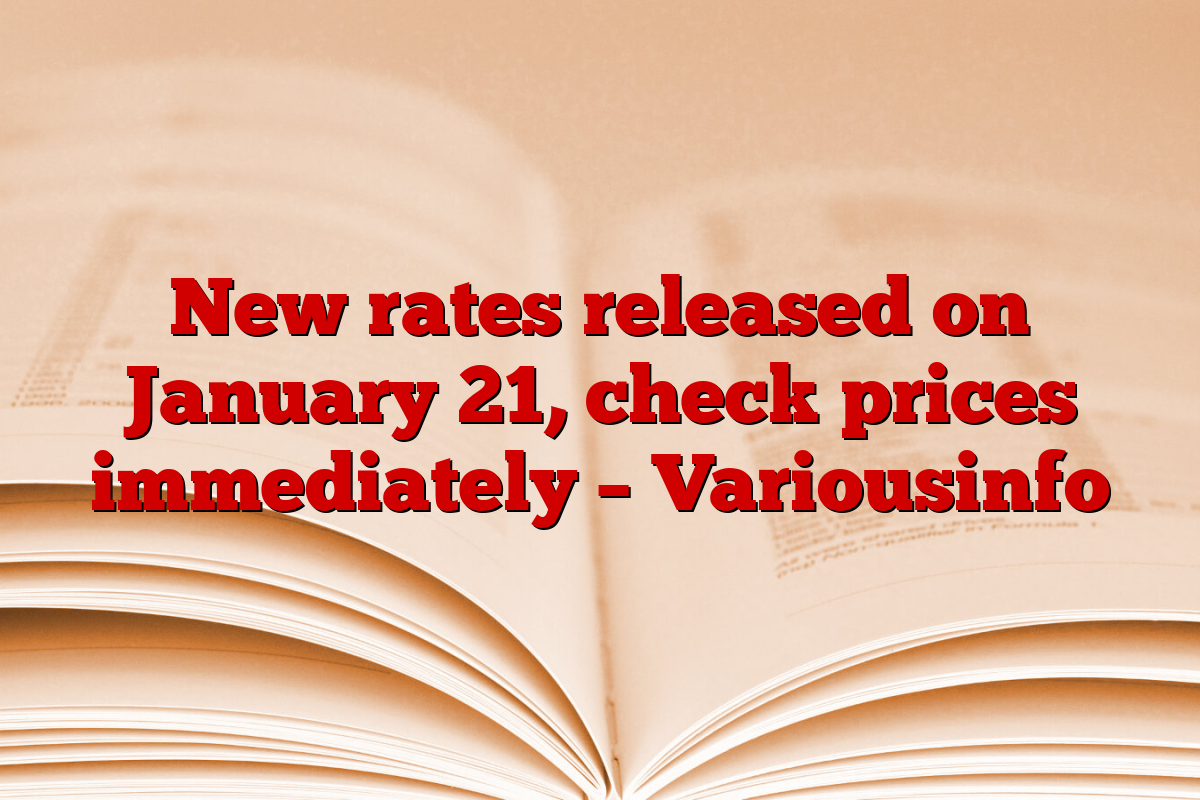There has been a big increase in the prices of petrol and diesel for the third consecutive week. According to the new prices effective from January 21, 2025, petrol has become costlier by Rs 1.65 per liter and diesel by Rs 2.70 per liter. The price of kerosene has also increased by Rs 2.50 per liter. This price increase can be seen in all the major cities of the country.
The main reason for the price increase this time is the new restrictions imposed on Russian oil by America and Britain. Due to this, the prices of crude oil have increased in the global market. Energy Department officials say that this will reduce Russia’s oil exports, due to which the prices of crude oil may increase further in the future.
New prices of Petrol-Diesel (Petrol-Diesel New Prices)
This increase in the prices of petrol and diesel has come into effect from January 21, 2025. Let’s see the new fuel prices in major cities:
| City | Petrol Price (Rs/Litre) | Diesel Price (Rs/Litre) |
| Delhi | 96.42 | 90.37 |
| Mumbai | 105.09 | 92.67 |
| Kolkata | 106.66 | 93.52 |
| Chennai | 102.45 | 95.14 |
| Bengaluru | 104.51 | 91.64 |
| Hyderabad | 109.06 | 98.35 |
Reason for increase in prices of petrol and diesel (Reason for Fuel Price Hike)
There are several reasons behind this price increase:
- New sanctions on Russian oil by US and UK
- Crude oil prices rise in the global market
- Possible reduction in Russia’s oil exports
- Fear of increase in shipping costs
Impact of Fuel Price Hike
This increase in fuel prices will impact the general public and the economy in many ways:
- Increase in transportation costs: This will increase the cost of passenger fares and freight.
- Increase in inflation: Prices of everyday items may increase.
- Pressure on industries: Increase in production costs will affect the profits of companies.
- Burden on the common man’s pocket: There will be additional pressure on the domestic budget.
Method of determining prices of petrol and diesel (Fuel Pricing Mechanism)
Petrol and diesel prices in India are decided on the basis of dynamic fuel pricing. Under this system:
- Prices updated daily at 6am
- are determined on the basis of international crude oil prices and foreign exchange rates.
- Taxes imposed by the central and state governments also affect prices.
State-wise Variation in Fuel Prices
Difference can be seen in the prices of petrol and diesel in different states. The main reasons for this are:
- Taxes and duties imposed at the state level
- transportation cost
- local market conditions
For example, petrol price in Mumbai is about Rs 9 per liter higher than Delhi.
Measures to Reduce Fuel Prices
The government and oil companies can take several measures to control fuel prices:
- Tax cuts by central and state governments
- purchase of cheap crude oil from the international market
- Increase in domestic oil production
- promote alternative fuel sources
Future of Fuel Prices
The prices of petrol and diesel are likely to continue to fluctuate in the coming times. There can be many reasons behind this:
- global political situation
- Crude oil price fluctuations
- changes in demand and supply
- development of new technologies
Ways to avoid rising prices of petrol and diesel (Tips to Save on Fuel Costs)
The general public can also reduce fuel expenses by taking some measures at their own level:
- Use carpooling or public transportation
- Perform regular vehicle maintenance
- Get into the habit of eco-friendly driving
- Switch to electric or hybrid vehicles
- Avoid unnecessary trips
Impact of Fuel Prices on Economy
The rise in fuel prices has a cascading effect on the country’s economy:
- increase in inflation
- increase in production costs
- impact on export competitiveness
- decline in domestic consumption
- pressure on economic growth rate
Government Policies on Fuel Prices
The government adopts various policies to control fuel prices:
- change in tax structure
- Long-term contracts with international oil companies
- Building strategic oil reserves
- promote alternative fuels
Environmental Impact of Fuel Prices
An increase in fuel prices can also have a positive impact on the environment:
- Reduction in use of vehicles
- cut carbon emissions
- Growing trend towards clean fuel options
- improve energy efficiency
Conclusion
This increase in the prices of petrol and diesel is challenging for the general public and the economy. However, this situation may promote the development of alternative energy sources and fuel-efficient technologies. The government and citizens will have to face this challenge together and find long-term solutions.
Disclaimer: This article is for informational purposes only. Fuel prices may change according to market conditions. Please consult authorized sources for accurate and updated information.
